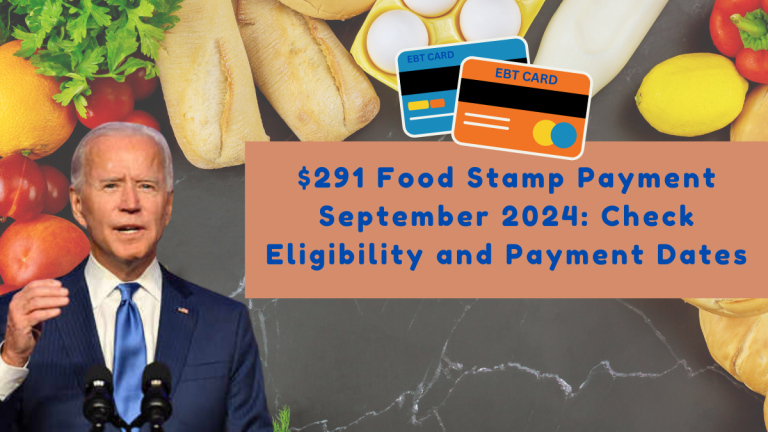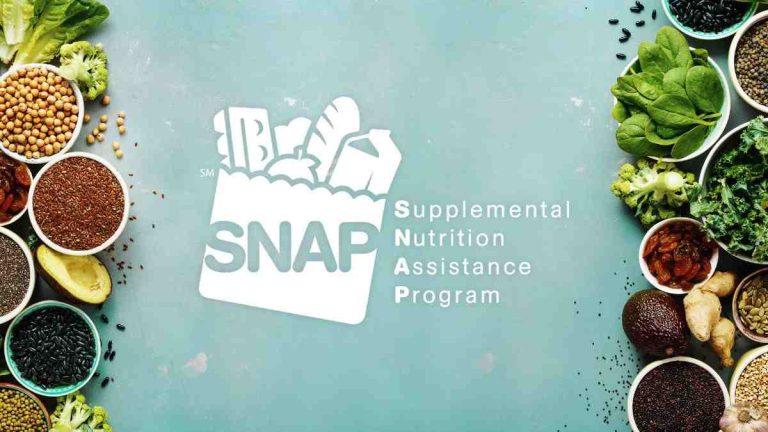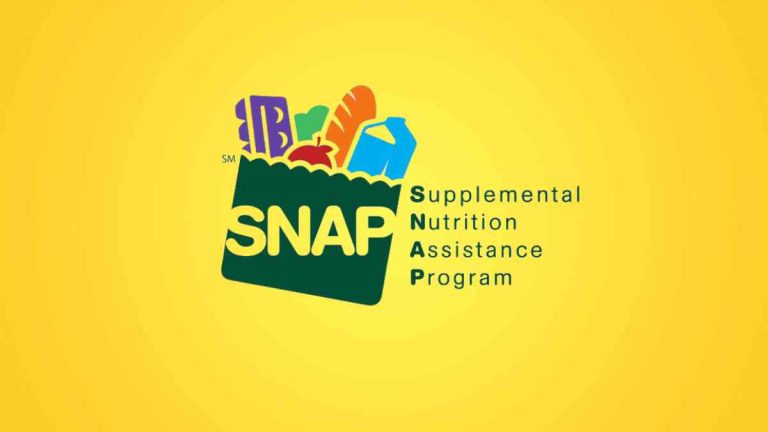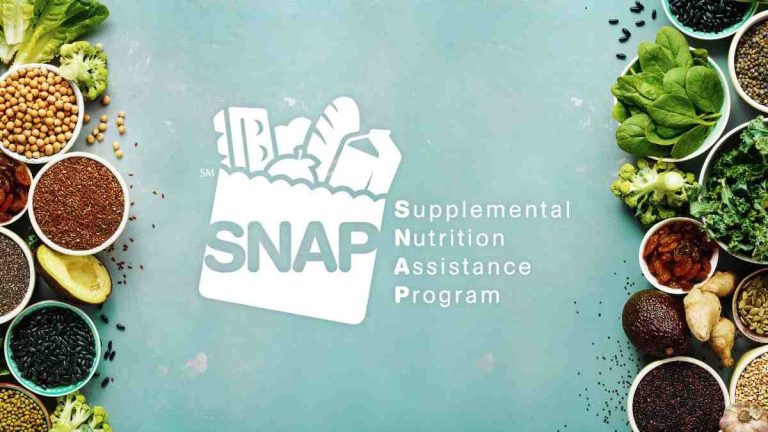BIG NEWS: Social Security confirms no SSI payments until October 2024
The Social Security Administration (SSA) has announced that Supplemental Security Income (SSI) recipients will not receive payments in September, with the next payment scheduled for October. This change has raised concerns among those who rely on these funds to meet their basic needs. If you’re affected by this delay, understanding the reasons behind it and how to manage your finances until payments resume is crucial.
What is the SSI Program?
Supplemental Security Income (SSI) provides financial assistance to individuals with limited income, disabilities, or those over the age of 65 who lack sufficient resources for essential expenses. Unlike other Social Security programs funded through payroll taxes, SSI is financed by the U.S. Treasury, specifically designed to support those unable to work or with very low income.
Key Dates in the SSI Payment Schedule
Here are the important dates for SSI payments for the rest of the year:
- September Advance Payment: August 29
- October Payment: October 1
- November Advance Payment: October 31
- December Payment: December 1
Note that while there will be no direct payments in September or November, beneficiaries will receive funds in advance for those months. This pre-payment system is essential to plan for potential financial challenges.
Changes to the Payment Schedule
The SSA establishes a payment schedule annually for all programs it manages. While SSI payments are typically made on the first of each month, adjustments may occur if the first falls on a weekend or holiday. In such cases, payments are moved to the last business day before the scheduled date.
For the remainder of 2024, SSI recipients should be aware of the adjusted payment schedule. Payments for September were made on August 29, and the November payment will be issued on October 31.
How Much Do SSI Recipients Receive?
The amount SSI recipients receive can vary based on individual circumstances. On average, monthly payments are around $698, but eligible individuals may receive up to $943 per month, while couples can receive up to $1,415 monthly.
Additionally, recipients may see adjustments based on changes in personal circumstances or through a cost-of-living adjustment (COLA), which is typically announced in October and takes effect in January.
What to Do if You Miss a Payment or Receive an Incorrect Amount
If you miss a payment or notice an incorrect amount, it’s important to contact the SSA immediately:
- Phone: Call 1-800-772-1213.
- In-Person: Visit your local Social Security office.
Explain the issue with the missed or incorrect payment. If underpaid, the SSA will investigate and may compensate you with a lump sum or increased monthly payments. Providing documentation can help resolve inaccuracies.
If you’ve been overpaid, you will receive a notice detailing the error and your options. Typically, you’ll need to repay the excess funds, either through future benefit reductions or a lump sum refund.






